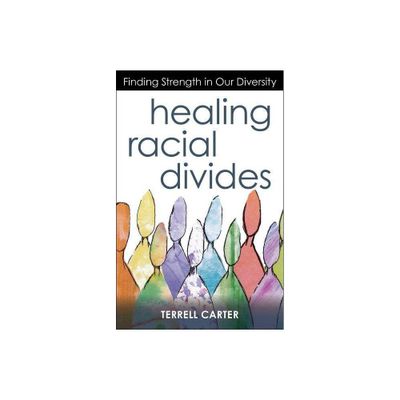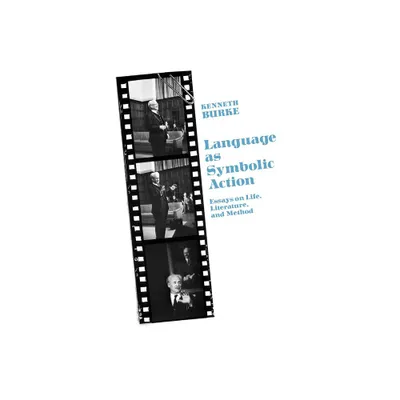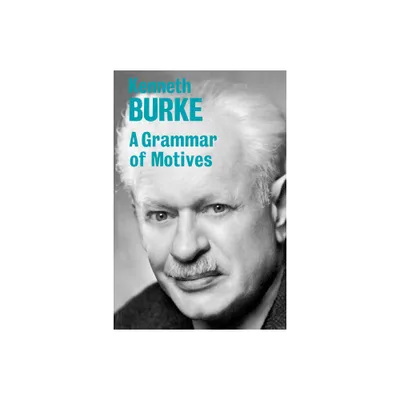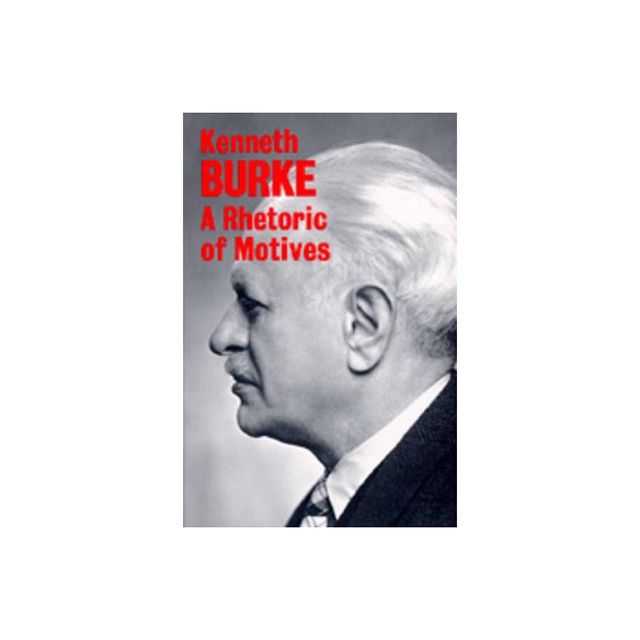Home
Ralph Ellison and Kenneth Burke: At the Roots of Racial Divide
Loading Inventory...
Barnes and Noble
Ralph Ellison and Kenneth Burke: At the Roots of Racial Divide
Current price: $55.00


Barnes and Noble
Ralph Ellison and Kenneth Burke: At the Roots of Racial Divide
Current price: $55.00
Loading Inventory...
Size: Hardcover
*Product Information may vary - to confirm product availability, pricing, and additional information please contact Barnes and Noble
Ralph Ellison and Kenneth Burke
focuses on the little-known but important friendship between two canonical American writers. The story of this fifty-year friendship, however, is more than literary biography; Bryan Crable argues that the Burke-Ellison relationship can be interpreted as a microcosm of the American "racial divide." Through examination of published writings and unpublished correspondence, he reconstructs the dialogue between Burke and Ellison about race that shaped some of their most important works, including Burke's
A Rhetoric of Motives
and Ellison's
Invisible Man.
In addition, the book connects this dialogue to changes in American discourse about race. Crable shows that these two men were deeply connected, intellectually and personally, but the social division between white and black Americans produced hesitation, embarrassment, mystery, and estrangement where Ellison and Burke might otherwise have found unity. By using Ellison’s nonfiction and Burke’s rhetorical theory to articulate a new vocabulary of race, the author concludes not with a simplistic "healing" of the divide but with a challenge to embrace the responsibility inherent to our social order.
American Literatures Initiative
focuses on the little-known but important friendship between two canonical American writers. The story of this fifty-year friendship, however, is more than literary biography; Bryan Crable argues that the Burke-Ellison relationship can be interpreted as a microcosm of the American "racial divide." Through examination of published writings and unpublished correspondence, he reconstructs the dialogue between Burke and Ellison about race that shaped some of their most important works, including Burke's
A Rhetoric of Motives
and Ellison's
Invisible Man.
In addition, the book connects this dialogue to changes in American discourse about race. Crable shows that these two men were deeply connected, intellectually and personally, but the social division between white and black Americans produced hesitation, embarrassment, mystery, and estrangement where Ellison and Burke might otherwise have found unity. By using Ellison’s nonfiction and Burke’s rhetorical theory to articulate a new vocabulary of race, the author concludes not with a simplistic "healing" of the divide but with a challenge to embrace the responsibility inherent to our social order.
American Literatures Initiative


















